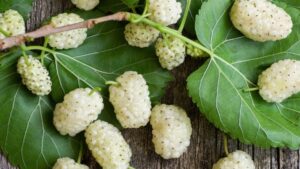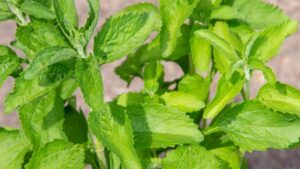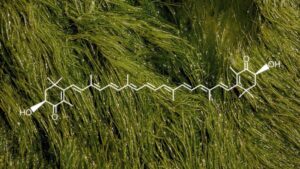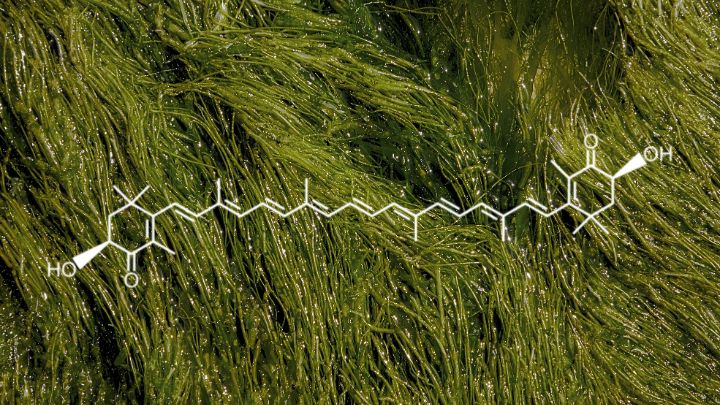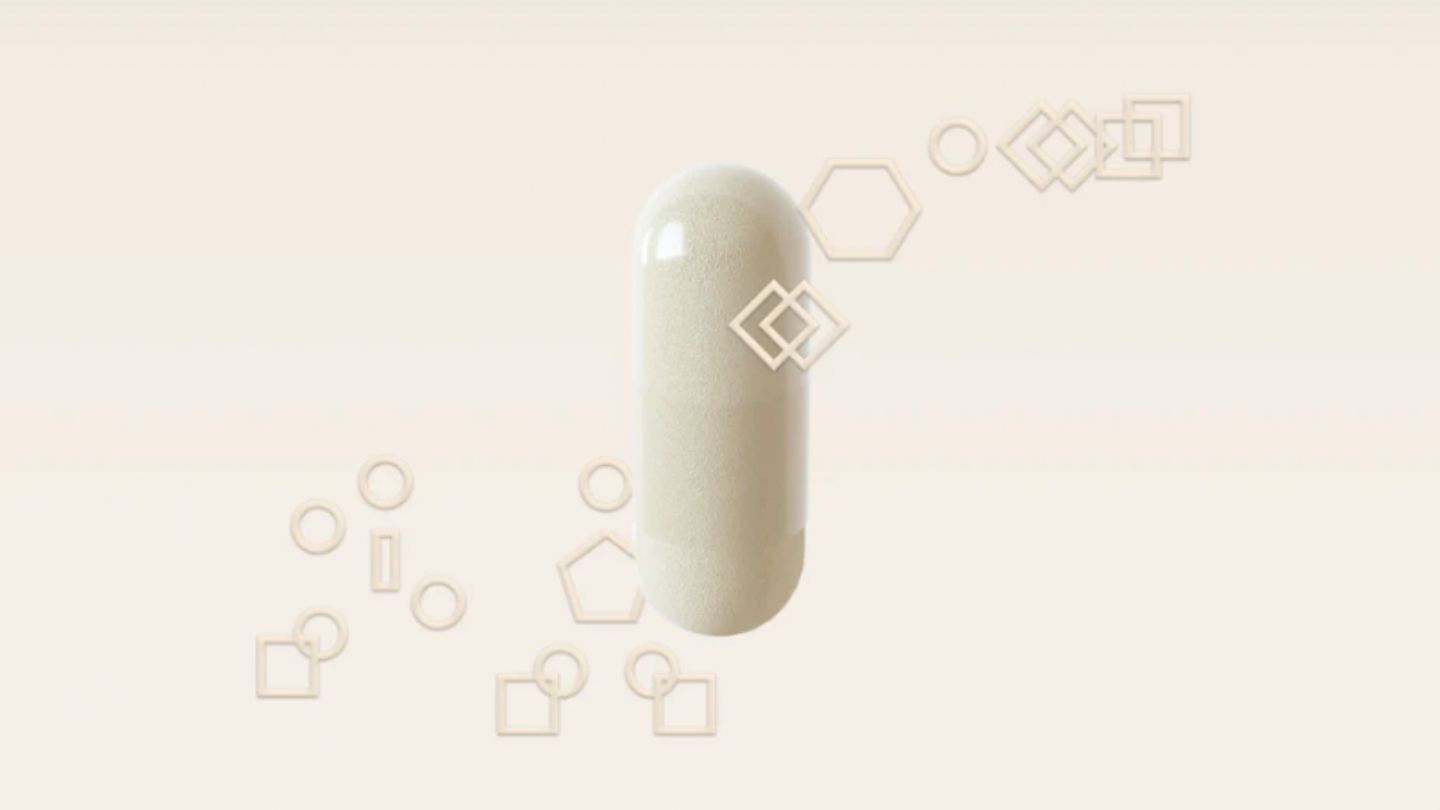Understanding the subtle, yet significant differences between health supplements can be like sorting through two very similar shades of the same colour – it takes a keen eye and a bit of knowledge.
This is particularly true when it comes to Quercetin and Fisetin, two flavonoids that are often discussed in wellness circles for their potential health benefits.
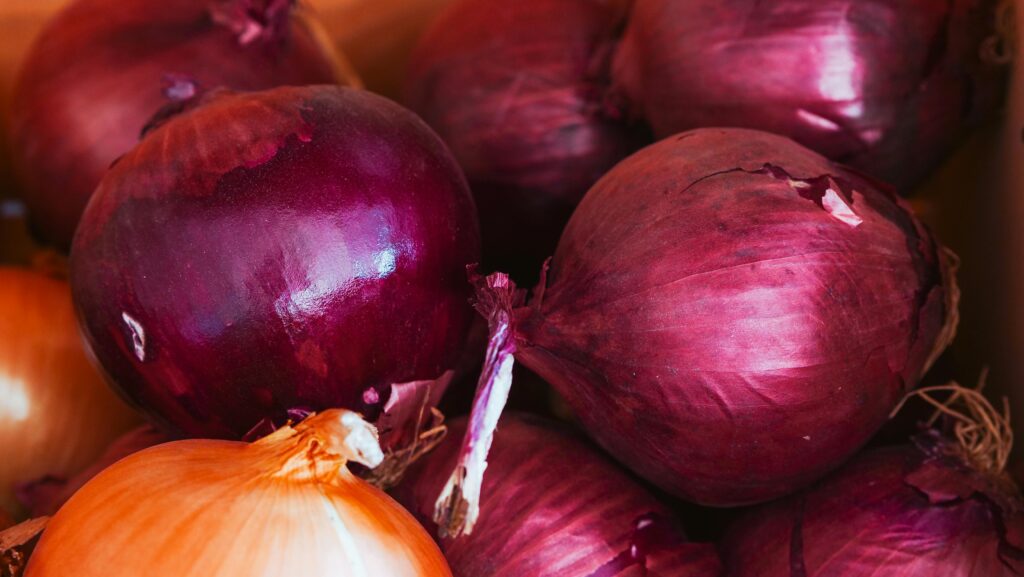
Quercetin and Fisetin are found naturally in various fruits and vegetables and have become the subject of much interest amongst health enthusiasts and researchers alike.
This article at Avea aims to provide a detailed comparison between these two potent flavonoids, examining their benefits, how effectively they work in the body, and the scientific evidence backing their health claims.
With this information, you can make informed decisions about whether either—or perhaps both—have a place in your personal health regimen.
In this article
Free guide to reverse your biological age

- Master the science of rejuvenation.
- Apply proven tips to turn back the clock.
- Transform your health with top longevity specialists.
What is Quercetin and its uses?
Quercetin is a powerhouse of a compound that you’ve likely been consuming through your diet, perhaps without even realising it.
This flavonoid, a type of plant pigment, is responsible for the rich colours in many fruits and vegetables.
It is also a potent antioxidant, meaning it has the ability to combat the damage from free radicals – those unstable atoms that can wreak havoc in the body over time.
1. Potent antioxidant effects
Quercetin stands out for its robust antioxidant properties, offering a strong line of defence against free radicals. These unstable molecules are linked to cell damage and a host of health issues.
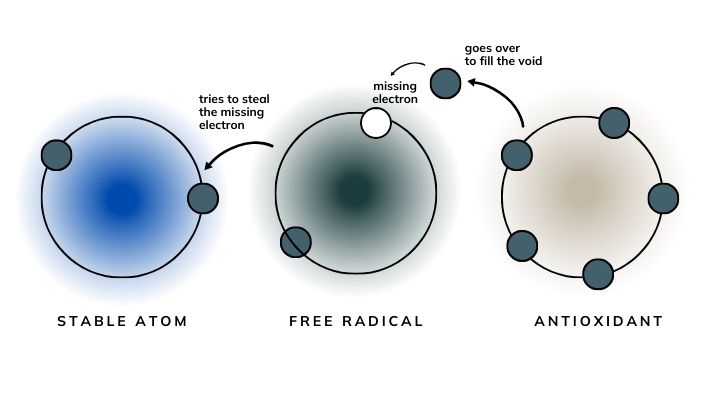
Here’s how Quercetin helps:
- Neutralises free radicals, reducing oxidative stress
- Protects cells from damage, supporting overall cellular health
- May lower the risk of chronic diseases associated with oxidative damage
Consuming enough Quercetin is a simple yet powerful way to keep your body’s defences strong against daily environmental challenges.
2. Combatting Inflammation
Quercetin is a formidable opponent against inflammation, a silent factor in many chronic diseases:
- Calms inflammation markers, helping to alleviate chronic inflammatory conditions
- Acts on the molecular level to inhibit substances that trigger inflammation
- Supports joint and muscle health by reducing inflammation-related pain
Quercetin has potential as a natural anti-inflammatory agent, making it an excellent supplement if you’re managing conditions like arthritis or simply looking to maintain a healthy inflammatory response in your body.
3. Supporting heart health
Quercetin is a heart’s ally, offering multiple benefits for cardiovascular well-being:
- Helps lower blood pressure levels, easing the heart’s workload
- Aids in reducing LDL cholesterol oxidation, which is a key factor in preventing arterial plaque
- Enhances vascular health by improving endothelial function, the inner lining of blood vessels
Quercetin is thus also a smart choice if you want to focus on cardiovascular health, particularly when combined with a balanced diet and regular exercise. It’s a natural approach to nurturing a strong and healthy heart.
4. Allergy symptom relief
Quercetin can be a breath of fresh air for allergy sufferers due to its natural antihistamine effect:
- Stabilises mast cells to reduce the release of histamine, the compound responsible for allergy symptoms
- May help ease sneezing, itching, and runny noses
- Supports the body’s ability to cope with seasonal allergens
For many, integrating Quercetin into their daily regimen during allergy season is a game-changer, offering a more natural approach to managing those troublesome symptoms.
5. Mental health and brain function
Quercetin has promising roles in mental wellness and cognitive function:
- May protect neurons from oxidative stress, supporting brain health
- Shows potential in boosting memory and learning by protecting against neurotoxicity
- Encourages a healthy inflammatory response in the brain, which is vital for cognitive function
If you’re looking to keep your mind agile and emotions balanced, Quercetin could be a valuable addition to a healthy lifestyle.
Now, let’s see how Quercetin differs from Fisetin.
What is Fisetin and its uses?
Understanding Fisetin involves exploring its science, health benefits, and how it compares with other similar compounds like Quercetin.
Let’s get a closer look at this lesser-known but equally fascinating flavonoid.
1. Antioxidant properties
Fisetin excels with its antioxidant power, significantly benefiting cellular health and slowing the ageing process. As an antioxidant, Fisetin:
- Neutralises damaging free radicals that can cause oxidative stress
- Supports the body’s own antioxidant defenses, enhancing overall protective mechanisms
- Helps in maintaining cell integrity and function by fighting oxidative damage
- Offers promise in boosting longevity by protecting against the cellular damage that contributes to ageing
Incorporating Fisetin-rich foods and supplements into your daily routine could be a smart move if you want to support your body’s resilience against everyday stresses at a molecular level.
2. Anti-inflammatory actions
Fisetin doesn’t just stop at mopping up free radicals; it also calms the fires of inflammation in your body. Here’s how Fisetin makes a difference:
- Dials down the activity of pathways known to trigger inflammation
- Keeps inflammatory cells in check, preventing them from going into overdrive
- Regular intake of Fisetin through diet may reduce chronic inflammation markers
- Eases inflammation-related discomfort in conditions like arthritis
With these points in mind, Fisetin emerges as a compelling nutrient for those seeking to manage inflammation through natural avenues.
3. Neuroprotective effects
Fisetin has also garnered attention for its neuroprotective effects. This dynamic compound:
- Safeguards neurons, the brain’s communication cells, against damage
- Boosts memory by promoting the function of brain pathways involved in learning
- Reduces the accumulation of harmful proteins linked to neurodegenerative diseases
- Encourages the growth of new nerve cells, which is vital for brain health
4. Cardioprotective effects
Even better, Fisetin stands out for its cardioprotective effects, offering several benefits for heart health:
- Supports healthy blood pressure levels through arterial relaxation
- Helps maintain balanced cholesterol levels, a key aspect of cardiovascular wellness
- Shields heart cells from oxidative stress, reducing the risk of heart disease
- Assists in reducing the buildup of plaque in arteries, which can lead to atherosclerosis
This compound is more than just a heart-friendly nutrient; it plays a crucial role in maintaining the resilience and functionality of the cardiovascular system.
5. Skin health and UV protection
And hold up. Fisetin has also gathered attention for its skin health benefits, particularly its UV protection capabilities:
- Acts as a natural shield against harmful UV rays, helping prevent sun damage
- Supports skin cell repair mechanisms, vital for maintaining skin integrity
- Helps mitigate the impact of photoaging, keeping skin youthful and resilient
- Offers antioxidant protection, which is essential for combating free radicals from sun exposure
This compound is a valuable ally for skin health, providing a layer of defense while promoting longevity and vitality of the skin cells. Always remember to still use your SPF.
6. Elimination of senescent cells (Senolytic effects)
Last but not least. Its senolytic effects.
Fisetin is probably most known for its impact on senescent cells. These are cells that have stopped dividing and contribute to aging and age-related diseases. Fisetin:
- Reduces the accumulation of senescent cells
- Acts as a senolytic, clearing away these “zombie cells”
- Reduces inflammaging, the low-grade inflammation that increases during aging
- Enhances function of stem cells, aiding in tissue repair and regeneration
These properties make fisetin a potent anti-ageing compound with significant potential for promoting longevity. So, how does it differ from Quercetin? Is Fisetin better than Quercetin?
Quercetin v.s. Fisetin
Antioxidant properties
Both Quercetin and Fisetin are potent antioxidants, but they work through slightly different mechanisms. Quercetin is highly effective at neutralising free radicals and has been extensively studied for its ability to reduce oxidative stress in various tissues.
Fisetin, on the other hand, not only neutralises free radicals but also enhances the body’s own antioxidant defences. This dual action can provide more comprehensive protection against oxidative damage.
Anti-inflammatory actions
Quercetin and Fisetin both exhibit strong anti-inflammatory properties. Quercetin acts by inhibiting the production of inflammatory markers and reducing the activity of pro-inflammatory enzymes.
Fisetin also reduces inflammation by targeting multiple inflammatory pathways and inhibiting key enzymes involved in the inflammatory process. Both flavonoids are effective, but Fisetin’s ability to inhibit a broader range of inflammatory pathways may give it an edge in managing chronic inflammation.
Cardioprotective effects
Quercetin and Fisetin support heart health through different mechanisms. Quercetin lowers blood pressure, reduces LDL cholesterol oxidation, and improves endothelial function, all of which are crucial for cardiovascular health.
Fisetin supports arterial relaxation, maintains balanced cholesterol levels, and protects heart cells from oxidative stress. Both flavonoids offer substantial cardioprotective benefits, but Quercetin’s ability to improve endothelial function makes it particularly valuable for overall vascular health.
Neuroprotective effects
Both flavonoids have significant neuroprotective properties. Quercetin protects neurons from oxidative stress and has shown potential in enhancing memory and learning.
Fisetin goes a step further by promoting the growth of new nerve cells and reducing the accumulation of harmful proteins linked to neurodegenerative diseases. Fisetin’s broader range of neuroprotective effects may make it a more powerful ally for brain health and cognitive function.
Senolytic effects and ageing
Fisetin stands out as a potent senolytic, capable of clearing senescent cells, which are implicated in aging and age-related diseases. Quercetin also has senolytic properties, but Fisetin is considered more effective and safer.
Studies have shown that Fisetin can significantly reduce the burden of senescent cells, leading to improved tissue function and longevity. This makes Fisetin a superior choice for those looking to target aging at the cellular level.
Skin health
Both flavonoids benefit skin health, but in different ways. Quercetin acts as a natural antihistamine and reduces inflammation, which can help with skin conditions like eczema and dermatitis.
Fisetin, meanwhile, protects against UV damage, reduces the formation of wrinkles, and supports skin cell repair. Fisetin’s targeted benefits for skin aging and its ability to protect against environmental damage make it particularly valuable for maintaining youthful skin.
Effectiveness based on studies
Quercetin
A meta-analysis of randomised controlled trials has validated Quercetin’s effectiveness in lowering blood pressure. Numerous human trials have also shown its ability to enhance endurance and reduce inflammation, especially in athletes. These studies highlight Quercetin’s comprehensive benefits for cardiovascular health and physical performance.
Fisetin
Fisetin’s effectiveness has been demonstrated in various studies, including research from the Mayo Clinic. These studies have shown that Fisetin can extend lifespan and improve cognitive function in mice. Human trials are ongoing, but the promising results suggest that Fisetin has significant potential for enhancing health and longevity.
Making the right choice for you
Unlock the full potential of your cellular health with Avea’s Cell Primer. Our scientifically-backed formula takes cellular health to a whole new level with six well-researched active ingredients designed to support your body’s natural processes.
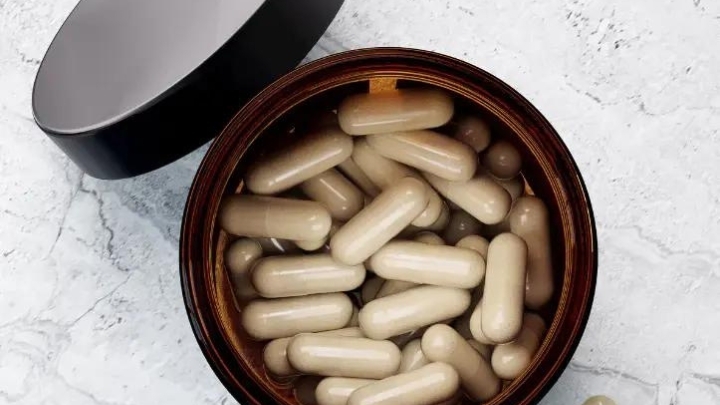
The science-based cleanse for your cells
- Benefit from powerful compounds like Fisetin and Quercetin to help protect your cells from daily stress.
- Enjoy natural and potent antioxidants recommended by experts.
Keynote from Avea
Choosing between these supplements isn’t about finding a definitive winner; it’s about aligning with your health goals. Consider Cell Primer, which combines both Quercetin and Fisetin, to meet your needs.
Supplements are just one part of the wellness puzzle and work best with a balanced diet, regular exercise, and a healthy lifestyle. Make an informed decision that supports your unique body and mind for optimal well-being.
FAQs
1. Which is better Quercetin or Fisetin?
Determining which is “better” between Quercetin and Fisetin depends on individual health goals. Quercetin is well-studied for its anti-inflammatory and cardiovascular benefits, while Fisetin shows promise for brain health and longevity. Avea recommends taking both, as they work synergistically and enhance each other’s benefits.
2. What is the difference between Quercetin and Fisetin?
Fisetin is similar to Quercetin but stands out for its potential roles in enhancing brain health, promoting longevity by reducing cellular aging, and its emerging research in cancer therapy.
3. Should you take Fisetin and Quercetin together?
Yes, Quercetin and fisetin can be taken together, and they may offer complementary benefits.
4. Are Quercetin and Fisetin the same thing?
Quercetin and Fisetin are not the same; they are distinct flavonoids, each with unique properties and health benefits, although they share some similar functions as antioxidants.
